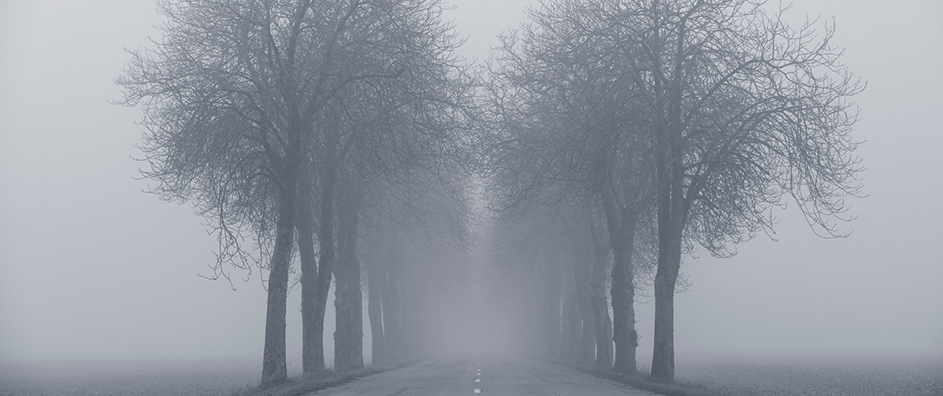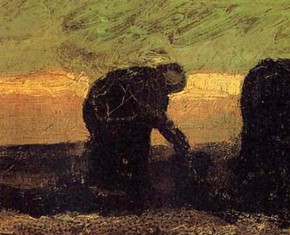The views expressed in our content reflect individual perspectives and do not represent the authoritative views of the Baha'i Faith.
Caius is a Man
Man is Mortal
Caius is Mortal
What prompted me to write this is that I am dying. I don’t have a terminal disease, but I am, like Caius, a man, and an aging one at that. And thus far in the history of human beings—at least on planet Earth—this classic (and classical) syllogism has proved invariably accurate. So far every one of us has met the same fate, though we don’t dare discuss it much because it’s so…. defeatist.
Consequently, at age sixty-eight, the laws of statistics and probability dictate that I would do well to focus my attention more acutely on that point of transition, that “milestone” that I will most surely experience before many more years have passed. The problem is that the term death has such a negative and final connotation that I am loathe to use it—like most others, I prefer euphemisms like “pass,” “pass on,” “pass away,” “ascend,” (a bit presumptuous on my part), or “kick the bucket” (more in keeping with my present country environment). But I have chosen for our purposes to employ the term “milestone” because I have come to believe that we continue to exist after our body gives out, as I hope to demonstrate later on.
So I have taken it upon myself to write this—for myself more than for you—to explore and hopefully to demystify this natural and inevitable milestone in all our lives. My objective is partially to deal head-on with a subject we rarely discuss dispassionately and frankly, even though it is, so far as we know, a rather important climax to (or milestone for) everything we undertake in this the physical portion of our lives. For even though I have beliefs and a faith that our consciousness and individuality continue beyond this milestone, I cannot in all honesty say that I am ready and prepared for that transformation or that I am without anxiety or fear at its inexorable approach.
This brings me to an important forewarning to the reader. Because it is primarily my own death I will be discussing, I will be approaching this subject unabashedly from a subjective point of view. This is not a matter of my being an expert on the matter, but, then, I suppose I am as much an expert about aging and dying as any other mortal human, except for those who have already died or possibly those who have had an NDE (Near Death Experience), and I will certainly use their observations as a part of this discussion.
I guess psychologists, gerontologists or oncologists could help us make better academic generalizations about what the aging and dying among us go through—the stages of this inevitable part of our lives—and I will include their comments as well if it helps. But I’m not really so interested in generalizations about what it feels like to get old or to be old or how old people act or live or die. I have not entitled our conversation “Understanding Death” because I think I can come up with sage advice about how to do it well.
It’s just that according to all the standards that once were mine, I am old. What is more, almost every month another of my former colleagues at the university is dying off. It’s become like watching ducks in a shooting gallery. I see old friends at a funeral, and a few months later, I’m at their funeral. When I survey the obituary page (sometimes to be sure I’m not in it), I notice that the mean age of those who have “passed on” is about my age or close to it.
I certainly don’t intend for this to be an elegy or a lament or a plaint about the abominable treatment or status of the elderly in our society. I am not a social reformer per se, and I still feel spunky enough to handle most things that come my way. But I would rather deal with the fact that even though every one of us is, as mortals, on “death row” awaiting one and all the same fate, we never seem to have an open, honest, and forthright conversation about this fact. We somehow think we can ignore this elephant in the room. We cannot:
Mortal charm shall fade away, roses shall give way to thorns, and beauty and youth shall live their day and be no more. – Abdu’l-Baha, Selections from the Writings of Abdu’l-Baha, p. 204.
So the elephant will not leave. To repeat a passage I cited in an earlier book, The Purpose of Physical Reality, “Death is a subject that is evaded, ignored, and denied by our youth-worshipping, progress-oriented society. It is almost as if we have taken on death as just another disease to be conquered.”
In the next essay in this series, let’s take a look at what we can do about that elephant in the room.
Next: The Quest of Our Lifelong Safari
















Comments
Sign in or create an account
Continue with Googleor